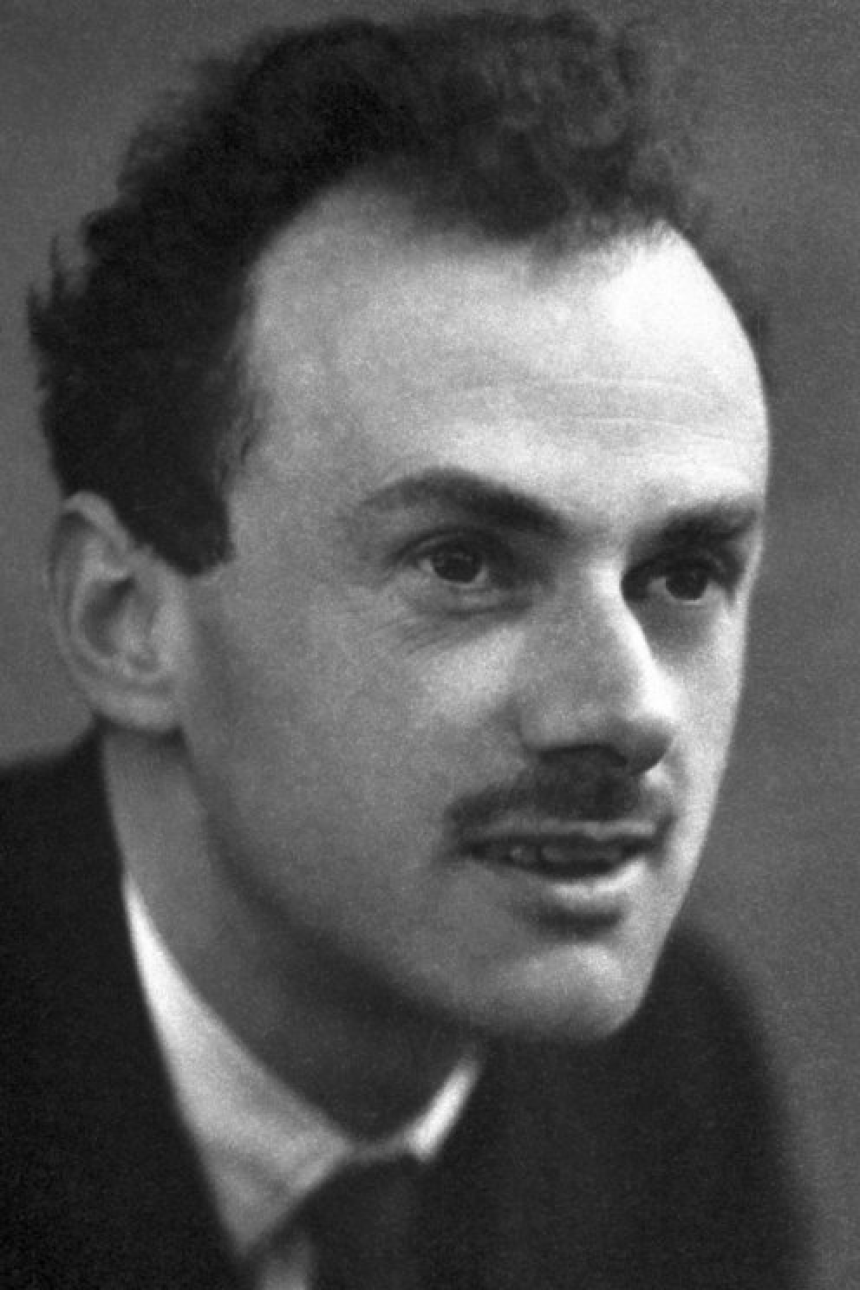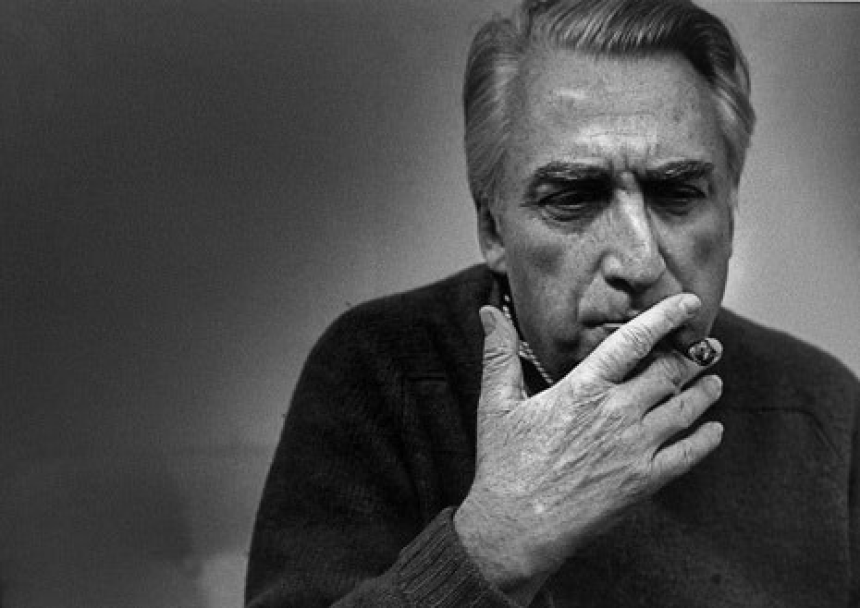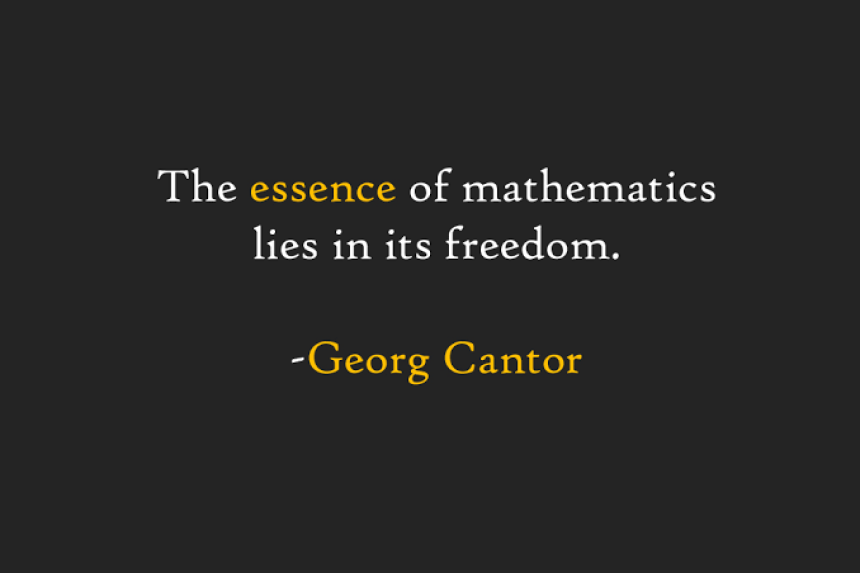
Paul Dirac
Paul Dirac: The Unsung Hero of Modern Physics
Paul Dirac: The Unsung Hero of Modern PhysicsWhen we think about the greatest physicists of all time, names like Albert Einstein and Isaac Newton often come to mind. However, one name that is often overlooked is Paul Dirac. Known for his groundbreaking contributions to quantum mechanics and his mathematical genius, Dirac played a crucial role in shaping our understanding of the universe.
Who was Paul Dirac?Paul Adrien Maurice Dirac, born on August 8, 1902, in Bristol, England, was a pioneering physicist who made groundbreaking discoveries in the field of quantum mechanics. Dirac's contributions revolutionized our understanding of the behavior of matter and firmly established quantum mechanics as a cornerstone of modern physics.
Dirac's Contributions to Quantum MechanicsDirac made several significant contributions to the field of quantum mechanics. One of his most remarkable achievements was the development of the relativistic equation for the electron, now known as the Dirac equation. This equation unified quantum mechanics and special relativity and accurately described the behavior of electrons moving at speeds close to the speed of light.
Another groundbreaking concept introduced by Dirac was the prediction of antimatter. Through his mathematical equations, Dirac showed that the existence of negative-energy solutions implied the existence of antiparticles, which are particles with the opposite charge to their normal counterparts. This prediction was later experimentally confirmed, leading to the discovery of the first antiparticle, the positron, by Carl Anderson in 1932.
Dirac's work also laid the foundation for the theory of quantum electrodynamics (QED), which is the quantum field theory describing the interactions between electrons and photons. His formulation of QED, known as the "second quantization" method, was an essential step towards the development of a comprehensive theory of quantum fields.
Legacy and RecognitionDespite his enormous contributions to physics, Dirac never received the same level of public recognition as his contemporaries. However, his work did not go unnoticed within the scientific community. In 1933, at the age of just 31, Dirac was awarded the Nobel Prize in Physics, sharing it with Austrian physicist Erwin Schrödinger.
Dirac's work continues to have a profound impact on modern physics. His equations and principles are still used today in the fields of quantum mechanics and particle physics. The discovery of antimatter, in particular, has led to significant advancements in medical imaging and particle accelerator technologies.
ConclusionPaul Dirac may not be a household name, but his contributions to physics have been monumental. As an unassuming genius, he revolutionized our understanding of the quantum world and paved the way for future breakthroughs in the field. By unraveling the mysteries of subatomic particles, Dirac left an indelible mark on the foundations of modern physics.
Frequently Asked Questions (FAQs)1. What was Paul Dirac's most significant contribution to physics?
Dirac's most significant contribution was the development of the relativistic equation for the electron, known as the Dirac equation. This equation unified quantum mechanics and special relativity and accurately described the behavior of electrons at high speeds.
2. How did Dirac predict the existence of antimatter?
Dirac predicted the existence of antimatter through his mathematical equations. The negative-energy solutions in his equations implied the existence of particles with the opposite charge to their normal counterparts. This prediction was later experimentally confirmed.
3. What is quantum electrodynamics (QED), and why is it important?
Quantum electrodynamics is the quantum field theory that describes the interactions between electrons and photons. Dirac's formulation of QED, known as the "second quantization" method, laid the foundation for the development of a comprehensive theory of quantum fields and has been instrumental in understanding the behavior of particles and electromagnetic radiation.
4. Did Dirac receive any awards or recognition for his work?
Yes, Dirac was awarded the Nobel Prize in Physics in 1933 for his fundamental contributions to the theory of quantum mechanics.
5. How is Dirac's work relevant today?
Dirac's work continues to be highly relevant in the fields of quantum mechanics and particle physics. His equations and principles are still used in modern research and have led to significant advancements in medical imaging and particle accelerator technologies.





